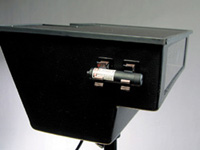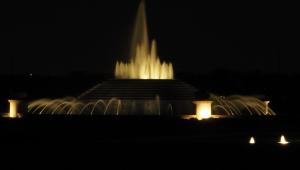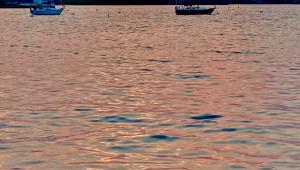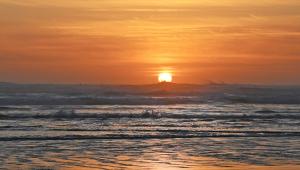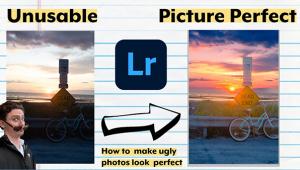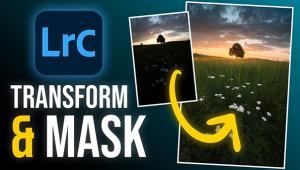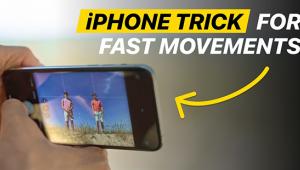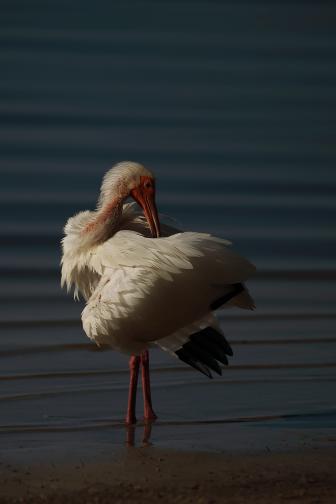Flashkon 2000 Linear Monolight
Wider Is Better
Over the years I've seen a lot of weird and bizarre photo products. While the photo market is a relatively modest niche all by itself, there are always those willing to cater to the sub-niches and micro-niches within. When a Flashkon 2000 arrived at my studio, however, I figured that I had truly seen the most market-specific product ever designed. Here's how it's described to me: Photographers who shoot panoramic people shots need a flash that can cover a whole group in one pop. Now, I wasn't really aware that such a thing existed, but apparently there are a lot of school photographers who shoot with fixed lens panoramic cameras like the Fuji 617 to capture team sports photos. You know the ones I mean, the whole football team posed on the bleachers--stuff like that. Well, you can imagine how tough it would be to cover the whole shot with a single portable flash. While a small power pack and two heads or a couple of monolights would do the trick, you have the shadows created by two heads. Flashkon to the rescue. |
|||
The Flashkon 2000 uses a 12" linear flash tube in a long reflector to produce a very long and lean flash pattern. The whole thing is housed in a molded box that looks like some sort of small public address system. The unit also houses an 800 ws flash supply, so you've got the world's only totally portable AC-powered 800 ws 12" linear monolight. A critical feature missing is any sort of modeling light system. Combine that with the lack of Polaroid capability on most panoramic cameras and you've got a real "shot in the dark" approach. While the coverage is wide, it's hard to tell if you've covered the whole group. A couple of monolights with modeling lamps would certainly show you exactly what's going on. While the unit does lack a modeling lamp, it is the only flash I've ever used that has a laser beam on it. Yep, they've added one of those pocket red laser lights that kids use to drive you crazy at the movie theater as a rudimentary pointing aid. It's not what I would have chosen, but it does work. Since I don't shoot group photos and don't plan on starting anytime soon I took the Flashkon on a couple of commercial shoots with me. Believe it or not, I found it really handy to have a wide narrow light source. On one shoot I lit an entire hallway from above as if a long fluorescent fixture was present. In another case I lit a long stairway in a factory setting--an effect virtually unobtainable from anything else. The Flashkon operated without any problems, even though there was some large object moving about freely within the case. The one oddity was the fact that even though the recycle light came on within 1 sec of a flash at 1/10 power, the unit took 6 or 7 sec to then fire again. At full power the light came on in 3 sec and the unit was ready to fire. |
|||
If you need such a light (and you know who you are) then the Flashkon is your only choice. Available for $1499, it's a fairly expensive one-trick pony for a shooter like me to own, but for group photographers, industrial photographers, and those interested in lighting panoramas with flash, this is for you. For more information, contact Flashkon LLC, (800) 974-8692, fax: (775) 361-8608, www.flashkon.com. |
|||
|
|


